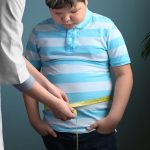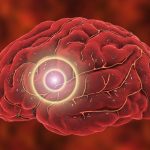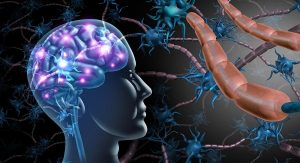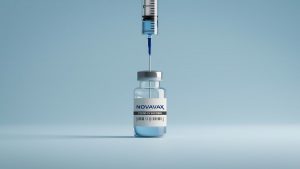
Calorie labels on restaurant menus are harming people with eating disorders, a new evidence review claims. These labels are meant to make it healthier to eat out at restaurants, by informing customers of the calorie content of food choices. But people diagnosed with eating disorders tend to respond poorly when presented with a menu featuring calorie labels, researchers reported Jan. 28 in the BMJ Public Health. Unhealthy responses included avoiding restaurants altogether, triggering harmful thoughts associated with eating disorders, and obsessing over the calorie counts. Some said that seeing these menu labels actually reinforced the beliefs behind their eating disorders, researchers added. “It’s definitely set my recovery back by a long way and I only feel safe eating at home now,” a patient with an eating disorder said in one of the studies included in the review. “Our study highlights that people with lived experience of eating disorders are frustrated at being left out of the conversation around calorie labels,” senior researcher Tom Jewell, a lecturer in mental health nursing at King’s College London, said in a news release. The obesity epidemic has caused policymakers to act without any thought to the impact on people with eating disorders, Jewell added. “Striking a balance between the positive and harmful impacts of calorie labels on menus is vital in any public health policies,” he said. “Policymakers should… read on > read on >






































